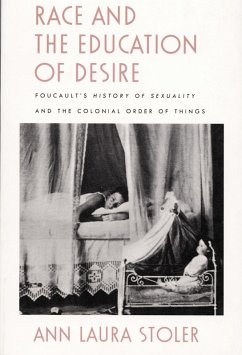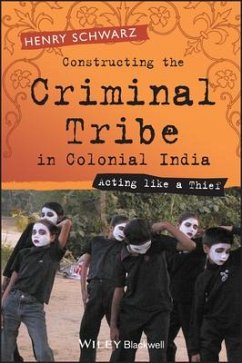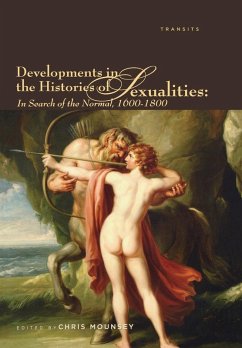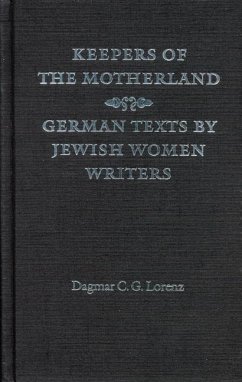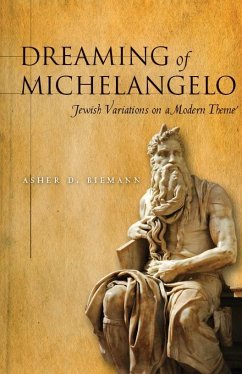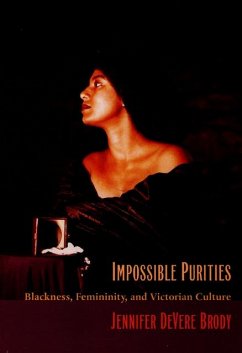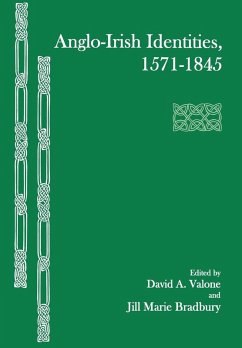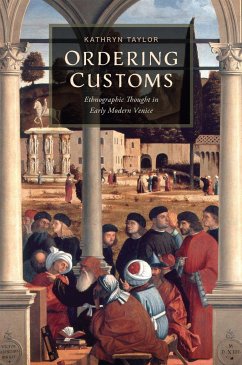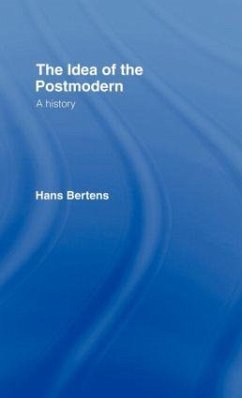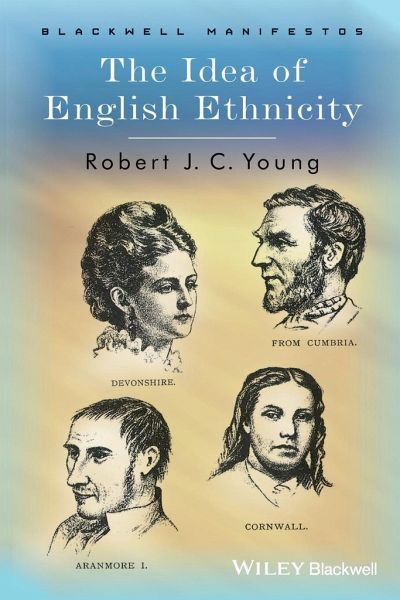
The Idea of English Ethnicity
Versandkostenfrei!
Versandfertig in über 4 Wochen
40,99 €
inkl. MwSt.

PAYBACK Punkte
20 °P sammeln!
In this major contribution to debates about English identity, leading theorist Robert J.C. Young argues that Englishness was never really about England at all. In the nineteenth century, it was rather developed as a form of long-distance identity for the English diaspora around the world. Young shows how the effects of this continue to reverberate today, nationally and globally.Written by an internationally established theorist, whose work has been translated into 20 languagesShows how potent the idea of Englishness isHelps to explain why the UK continues to act as if it has a 'special relatio...
In this major contribution to debates about English identity, leading theorist Robert J.C. Young argues that Englishness was never really about England at all. In the nineteenth century, it was rather developed as a form of long-distance identity for the English diaspora around the world. Young shows how the effects of this continue to reverberate today, nationally and globally.
Written by an internationally established theorist, whose work has been translated into 20 languages
Shows how potent the idea of Englishness is
Helps to explain why the UK continues to act as if it has a 'special relationship' to the US
Helps to explain why the UK is so successfully multicultural
Part of the prestigious Blackwell Manifestos series
Written by an internationally established theorist, whose work has been translated into 20 languages
Shows how potent the idea of Englishness is
Helps to explain why the UK continues to act as if it has a 'special relationship' to the US
Helps to explain why the UK is so successfully multicultural
Part of the prestigious Blackwell Manifestos series



